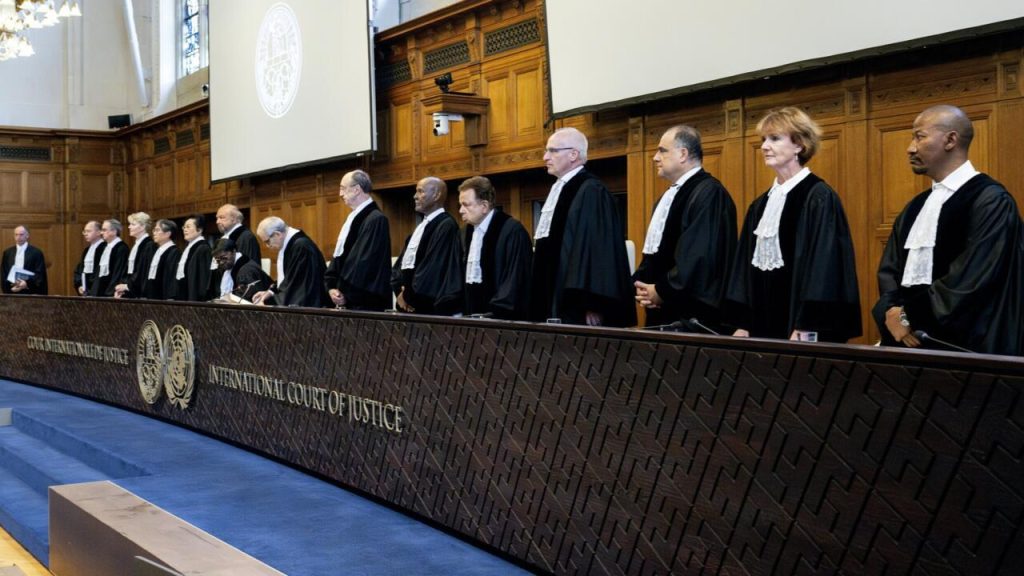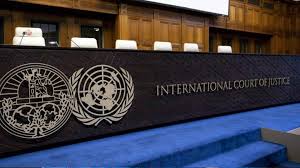France has called on the United Nations’ top court to define the legal responsibilities of states in combating climate change, marking a critical step in shaping international environmental law.
Speaking at the International Court of Justice (ICJ) on Thursday, Diego Colas, representing France, described the proceedings as a unique opportunity to clarify the obligations of nations to mitigate climate damage. “The impact of the ICJ’s opinion is beyond doubt,” Colas stated, reflecting France’s high expectations for the court’s advisory ruling.
The ICJ hearings, the largest in its history, aim to provide an advisory opinion on states’ roles in fighting climate change and the repercussions for environmental harm. While the court’s opinion will be non-binding, advocates believe it could set a precedent influencing domestic and global climate policies.

France is among more than 100 countries presenting their views at the hearings. The French government has set ambitious climate targets, including carbon neutrality by 2050 and a 40% reduction in greenhouse gas emissions by 2030 compared to 1990 levels.
Without strong action, the country warns of dire consequences, including a projected 4°C temperature rise by 2100, threatening 500,000 homes along receding coastlines and slashing 10% from the national GDP.
Critics of the ICJ process argue that the advisory ruling lacks enforceability. However, supporters see it as an essential step toward strengthening international legal frameworks for addressing the climate crisis.


